The main characteristic of life is to communicate, to build social relationships, and to network. A fantastic variety of tiny...
What’s next in the “fight” against carbon dioxide? A change of thought. We usually associate “CO₂” with the idea that...
In the summer of 2023, the journal Scientific American published an article on the astounding synchronization of electroencephalograms in human beings and animals within cooperative situations. Here is an area of research that raises far-reaching questions. A large part of our daily lives does not take place alone but with...
Picture-forming methods like copper chloride crystallization, capillary dynamolysis, and round picture chromatography are now entering the era of computerized image...
On the 150th anniversary of Goethe’s death, Schad gave a lecture in the hall of the Waldorf School Uhlandshöhe in...
“I can – whilst facing thee – but weep – and cry –.” These are words spoken by Strader, the natural scientist, to Ahriman at the moment in Rudolf Steiner’s third mystery drama when Strader realizes that this being is trapped within the limits of calculating intellectual thinking. But the...
Craig Holdrege is director of the ‹Nature Institute› in Ghent. Its goal is to broaden the view of nature from...
When we look at the Earth, the oceans, as the largest region in terms of surface area, are still little...
Matthew E. Kenyon is a lifelong student of Rudolf Steiner as well as a Ph.D. physicist who has worked for NASA’s Jet Propulsion Laboratory for over twenty years on various projects including next-generation technology for future space telescopes beyond the recently launched James Webb Space Telescope. This essay reflects his...
On May 14, the Day of Phenomenology took place for the second time to ensure more awareness of phenomenology among...
It is rare for the Nobel Prize in Medicine to be awarded to someone who is not researching topics with...

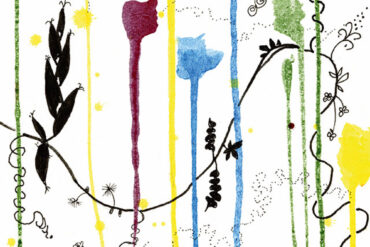

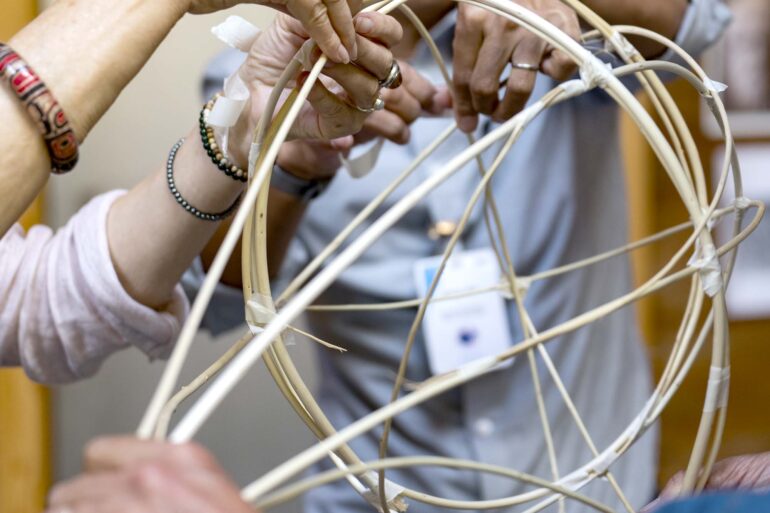
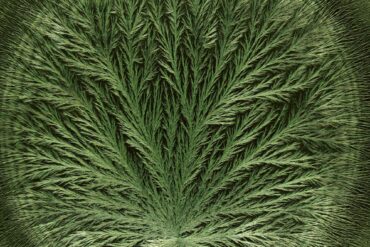
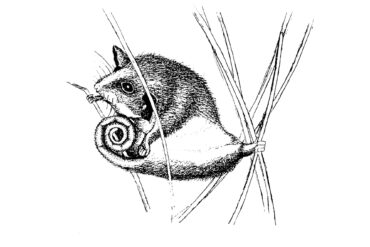
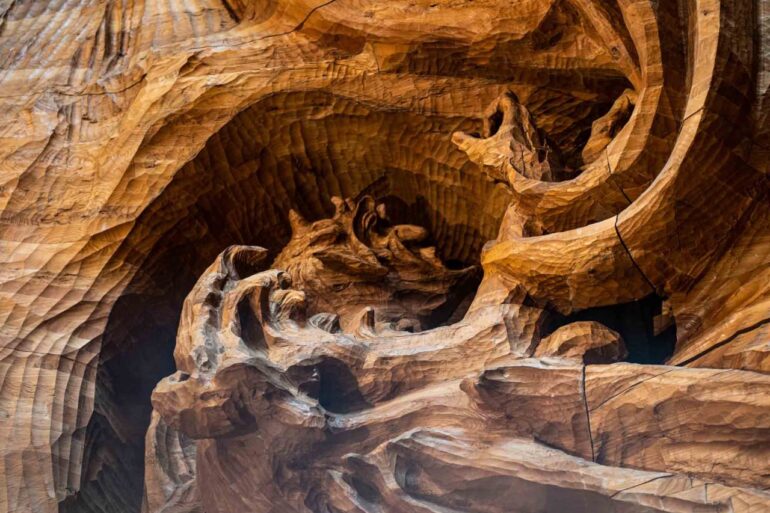
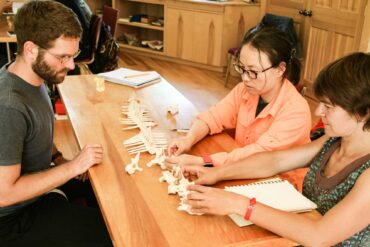
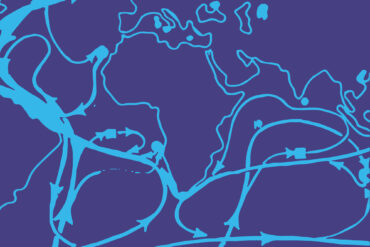

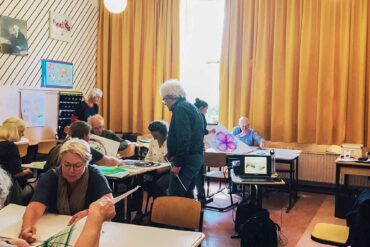


Letzte Kommentare